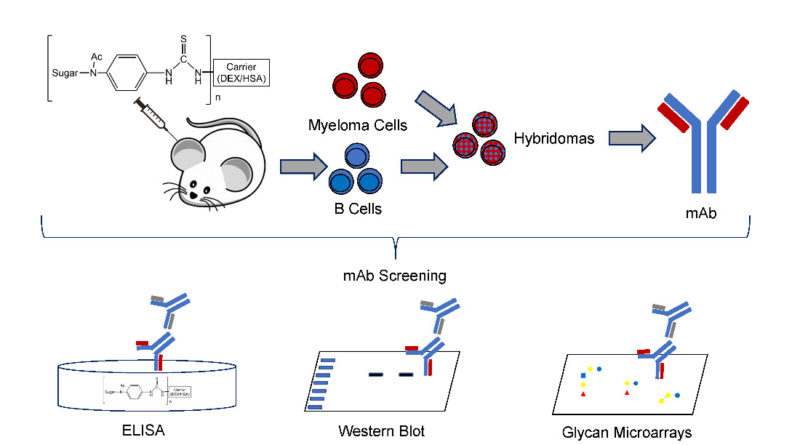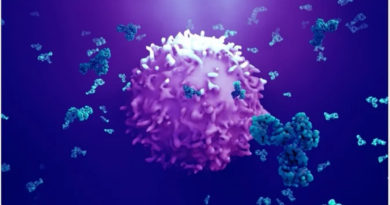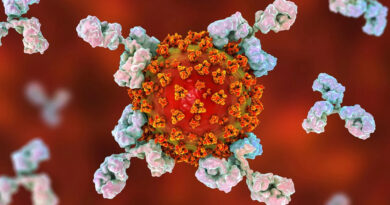Immunosuppressive Agents
These are substance those inhibit the immune response. These are useful in certain situations like transplantation, when it becomes necessary to prevent graft rejection.
Examples of immunosuppressive agents are X – irradiation, radiomimetic drugs, corticosteroids, anti metabolites and other cytotoxic chemicals, and anti lymphocytic serum.
Sublethal whole body irradiation suppresses antibody response. When antigenic stimulus follows 24 hours after irradiation, antibody production does not occur, whereas if the antigen is administered is actually enhanced. The primary response is more radio sensitive than the secondary response.
Radiomimetic drugs are agents with an action resembling that of X-rays. They belong in general to the class of alkylating agents (for example, cyclophosphamide, nitrogen mustard). In human beings, cyclophosphamide, given for three days after the antigen, completely suppresses the antibody response. It is much less effective when given before the antigen.
Corticosteroids cause depletion of lymphocytes from the blood and lymphoid organs. They also stabilize the membranes of cells and lysosomes, inhibiting histamine release and the inflammatory response. They suppress antibody formation in the rat, mouse and rabbit but are much less effective in guinea pigs, monkeys and human beings. Therapeutic doses have little effect on the antibody formation in human beings. They inhibit the indication in human beings. They inhibit the induction and manifestations of delayed hypersensitivity in human beings.
Antimetabolites are substances that interfere with the synthesis of DNA, RNA or both and thus inhibit cell division and differentiation necessary for humoral and cellular immune responses. They include folic acid antagonists (methotrexate), alkylating agents (cyclophosphamide) and analogues of purine (6 – mercaptopurine, azathioprine), cytosine (cytosine arabinoside) and uracil (5 – fluorouracil). Many antimetabolites find clinical application in the prevention of graft rejection.
The drug most widely used for immunosuppressive is cyclosporine, a cyclic polypeptide derived from the soil fungus Tolypocaldium inflatum. It is not cytotoxic for lymphocytes and has no antibiotic activity. It selectively inhibits helper T cell activity. A related drug is rapamycin.
Reference
Text Book Of Microbiology



